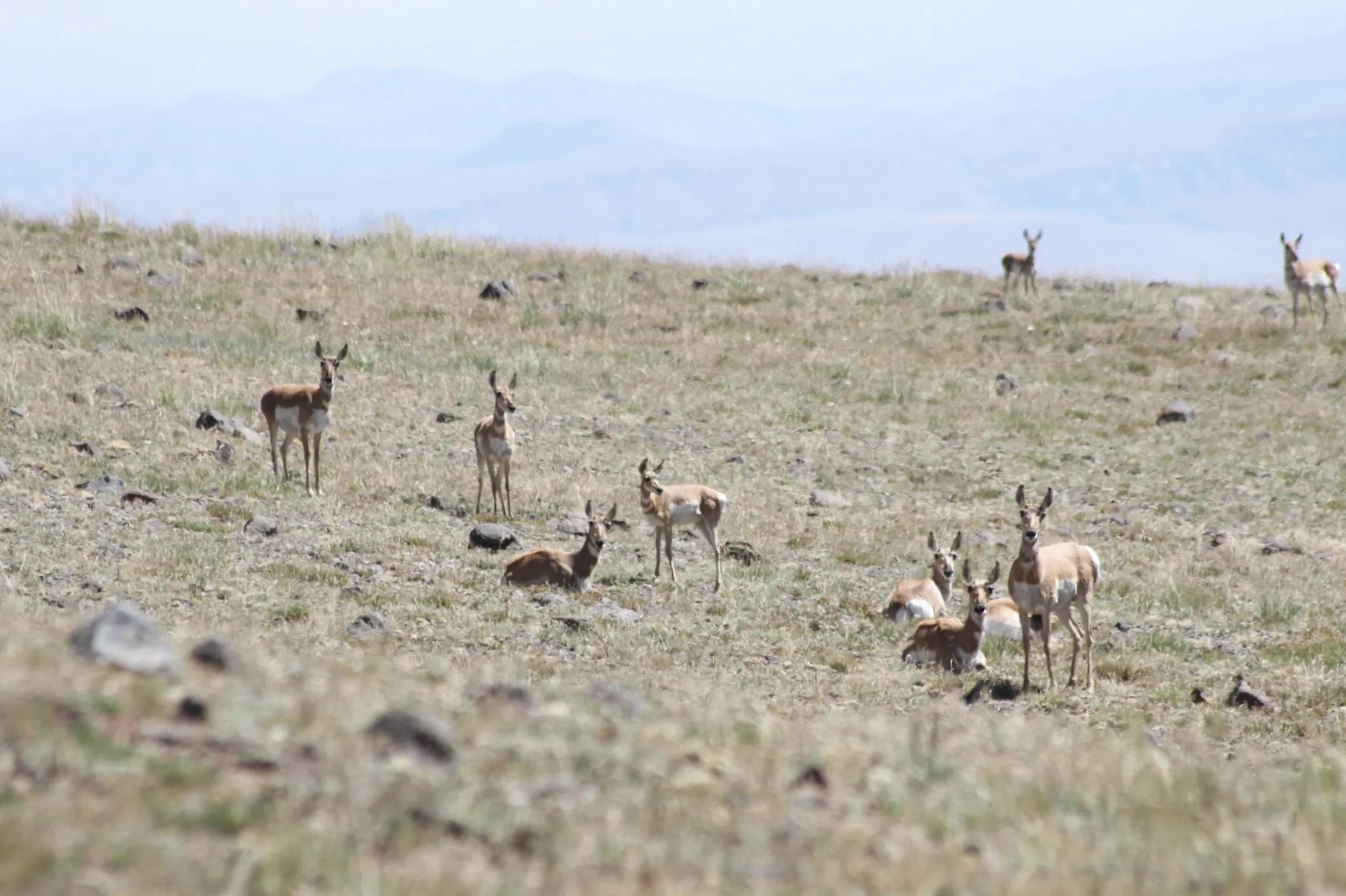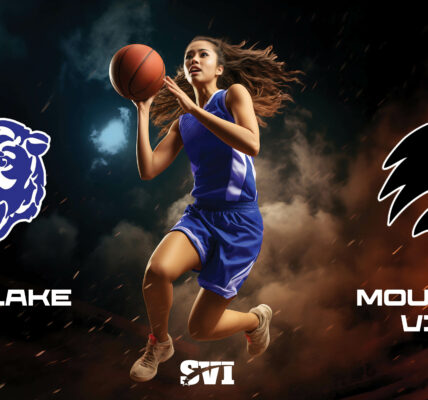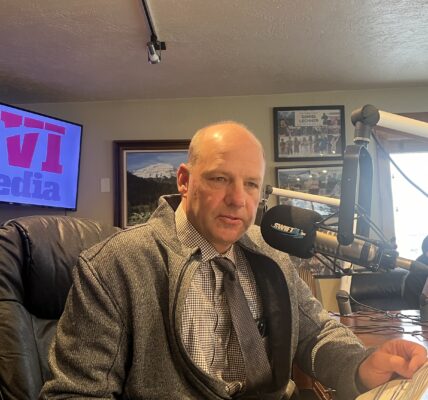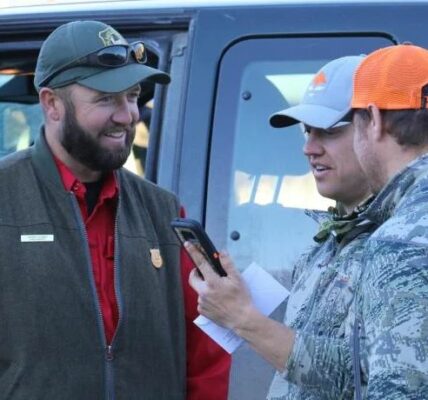
By Mike Koshmrl, WyoFile.com
CHEYENNE—A once-dead measure that would boost the price of some nonresident deer and pronghorn hunting licenses by as much as 300% has been revived.
Although it enjoyed support from a Gov. Mark Gordon-appointed committee and hunting advocacy groups, Senate File 60 – Nonresident hunting license application fee was voted down on the Senate floor in a 10-20 vote that swung partly on concerns it violated the Wyoming Constitution, which plainly states that revenue-raising bills must originate in the House.
Fast forward three weeks and a similar, though farther-reaching proposal, House Bill 200 – Nonresident hunting licenses-application fees, reemerged in the proper chamber of the statehouse, and it appears to have legs.
“We made an error when we were getting out bills, and this particular bill originated in the Senate,” Rep. Sandy Newsome (R-Cody) told the House Travel, Recreation, Wildlife and Cultural Resources Committee on Tuesday as they considered HB 200.
The measure cleared the committee, which Newsome chairs, shortly after her explanation.
As currently constructed, the legislation proposes major price hikes to nonresident hunting licenses for seven big game species plus grizzly bears, were they to be hunted. Notably, however, the increases would only apply to 40% of nonresident licenses, allowing the Wyoming Game and Fish Department to keep the other 60% of nonresident tags on the cheaper side. The theory of the two pools is that nonresident hunters with the means will pay more to increase their odds of drawing a license.
“You’re allowing those people that have the economic ability to say, ‘I’m willing to pay a lot more for this license,’” Sen. Larry Hicks (R-Baggs), a bill sponsor, told WyoFile. “That 40% of nonresidents is going to subsidize the other 60% of them and the rest of the resident population.”
The idea for House Bill 200 traces from the Wyoming Wildlife Taskforce, an 18-person committee Gov. Mark Gordon assembled in 2021 to study top-priority hunting opportunity and access issues. The group, which included Hicks, looked into — but could not agree on — increasing the percentage of elk, deer and pronghorn hunting licenses that go to residents versus nonresidents. (A bill that tilted the allocation toward residents for five other species did make it through the Legislature a year ago.) In the process of examining whether to take away money-making nonresident elk, deer and pronghorn tags, Hicks and others explored options that could offset the potential funding loss for the state agency.
Ultimately, the taskforce recommended pursuing the offset even though it didn’t recommend the budget-crunching drop in nonresident tag numbers, and HB 200 was born. With the split between resident and nonresident licenses remaining the same, it could end up being a considerable Game and Fish budget boost.
Testifying on Tuesday, Game and Fish Director Brian Nesvik estimated that it would increase revenue by $5.7 million annually — a roughly 7% bump to the mostly self-supported agency’s $81.3 million budget.
To get there, HB 200 proposes boosting fees on 40% of nonresident licenses as follows: Elk would go from $576 to $1,258; Deer, $288 to $826; Pronghorn, $288 to $874; Bighorn sheep, $2,318 to $3,000; Mountain goat, $2,160 to $2,750; Moose, $1,980 to $2,750; Bison, $4,400 to $6,000; Grizzly bear, $6,000 to $7,500.
Under the proposal, the remaining 60% of nonresident licenses would then stay flat.
“It keeps the floor on the floor and raises the ceiling,” Hicks said. “If you take the high price and the low price and the 60-40 differential and average those out, [costs are] pretty close to what the regional market is.”
Lobbyists for outfitters and hunting advocacy groups have so far backed the bifurcated fee hike.
“We think that it’s going to have long-term benefits for the industry and long-term benefits for the Game and Fish,” Bill Novotny of the Wyoming Outfitters and Guides Association testified on Tuesday.
Jessi Johnson, lobbying for the Wyoming Wildlife Federation, had a similar take. While testifying Jan. 12 about the earlier iteration of the legislation, she praised how the proposal doesn’t pull the rug out from do-it-yourself hunters.
“This one was a really easy one to get behind,” Johnson said. “Having that split I think is important.”
Still, some lawmakers have balked at the steep fee hikes, even for a subset of licenses.
Rep. Cyrus Western (R-Big Horn) tried to slash the increases with an amendment on Tuesday, but couldn’t get his fellow committee members on board.
“Doubling and tripling some of these numbers,” Western said, “that’s just a really tough pill to swallow.”
Rep. Abby Angelos (R-Gillette) joined Western in voting against HB 200, but the ayes on the House Travel, Recreation, Wildlife and Cultural Resources Committee beat out the nays 7-2. Now that HB 200 has cleared the committee, it faces a Monday deadline to be considered by the entire House.





